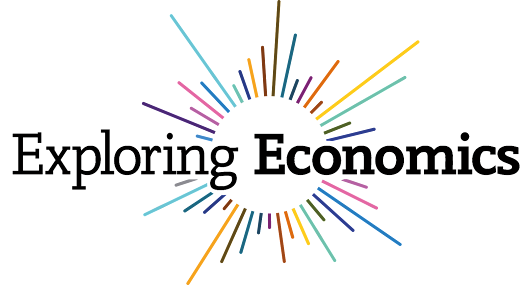Why Study Economics?
Depending upon what we want to know, these subjects can be categorised into Science, Commerce, Humanities, Social Science. Science looks into the behaviour of the physical and natural world in a systematic way, for example, Physics is a science dealing with the nature and properties of energy and matter, Biology deals with the study of living organisms. Humanities and Social Sciences look into the study of Human Behaviour, for example Sociology studies social behaviour and social change, Psychology is a scientific study of human mind. Similarly, when we talk about economics, we also study “human behaviour” here.
In its simplest sense, according to Alfred Marshall, “Economics is a study of mankind in the ordinary business of life.” If we look at this definition again, we find two main phrases which describe Economics, that are “mankind” and “ordinary business of life”. Now, what is this ordinary business of life?
Ordinary means something in routine or commonplace. Business of life refers to the numerous business activities which people conduct in their daily life.
What are Economic Activities?
What can these business or more specifically economic activities be? One activity which almost all of us conduct on a daily basis is buying goods and services, another activity can be selling goods and services, similarly producing goods and services; working in an office, farm or factory are also economic activities. Saving and investing are also economic or business activities.
All the economic activities mentioned above are done in exchange for money. For example, buying a good from a shopkeeper is done by paying money, a labourer works in a farm in exchange for wages, a producer supplies goods in to get profit in return. All of us conduct some or more of these economic activities in our daily life.
Moving on to the other main word in the definition of economics which is “mankind” or “human beings", as human beings our rational mind or behaviour tells us to have more goods and services, to produce more goods and services, sell more goods and services.
That means as humans our wants are unlimited. However, we also know that it is not possible to have all the goods and services that we want to buy, produce and sell to an unlimited extend, and to save and invest all our money. This is because to fulfill all these needs, we require resources and resources on this earth are scarce or limited.
Not only resources are scarce or limited but they have alternative uses as well. A resource can be used for different purposes and the individual has to decide which use is best suitable for him or her.
Examples of Economics in Day to Day Life:
To buy goods and services, we need money which is a resource and nobody can have an unlimited amount of money. Money with the buyer is not only used for buying goods and services but also for saving.
To produce goods and services, producers need resources like labour, capital, technology which are again not unlimited.
A farmer cannot produce unlimited crops because the land with him/her is limited. The land may not be used only for sowing crops, but it can be sold to another party either government or private in exchange for money, or can be lent on rent.
Even countries for that matter have a limited amount of resources like land, water, labour etc.
A student for whom time is a resource has a limited amount of it. Moreover, resources are not only scarce but they have different (or alternative) uses to which they can be put to. A student has to decide whether to use his/her time in studying or playing.
Therefore, we arrive at a conclusion that as humans our needs or wants are unlimited, the resources to meet these needs are limited, and not only are these resources limited but they have alternative uses as well.
Definition of Economics
Economics deals with how people make decisions in order to satisfy their wants (to get maximum benefit) with their limited resources given that these resources have alternative uses. We assume that while making decisions people are rational i.e they would prefer more goods to less, more money to less, less cost to more.
Hence, economics is nothing but the study of this rational decision-making process of people so that they get maximum benefit out of that decision given that the resources in their hands are limited and have alternative uses.
Key Points
Economics is concerned with
- Satisfaction of Human wants that are unlimited.
- Resources which are limited or scarce to meet these unlimited wants.
- Resources which have alternate uses.
- Allocation of scarce resources in such a way that maximum wants are satisfied given that resources have alternate uses.
